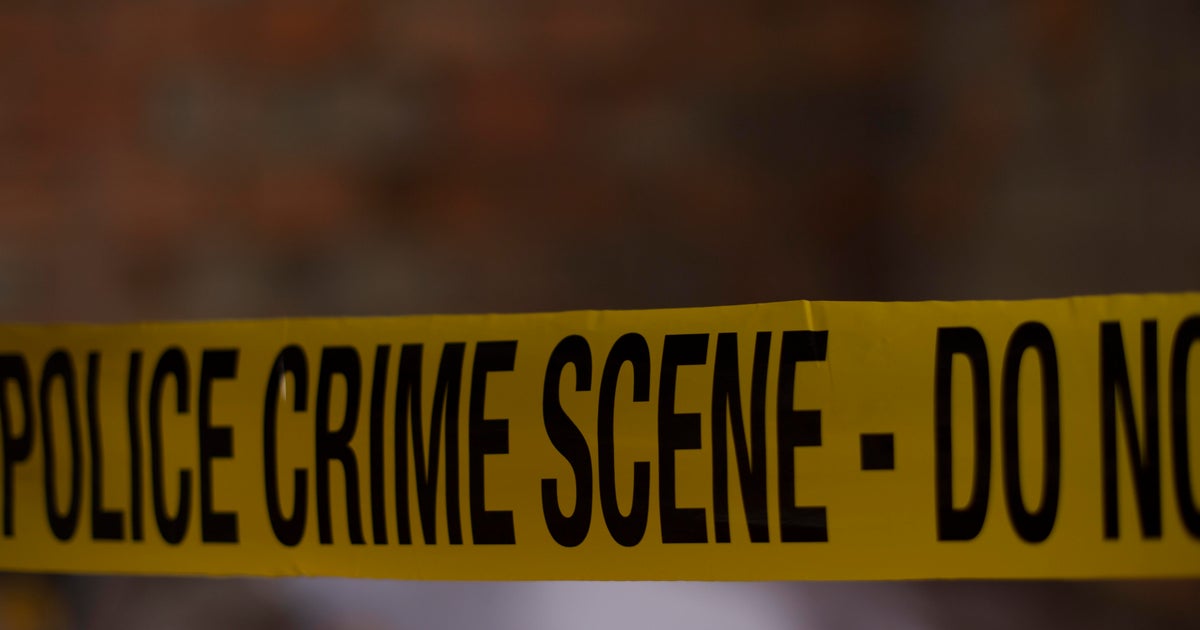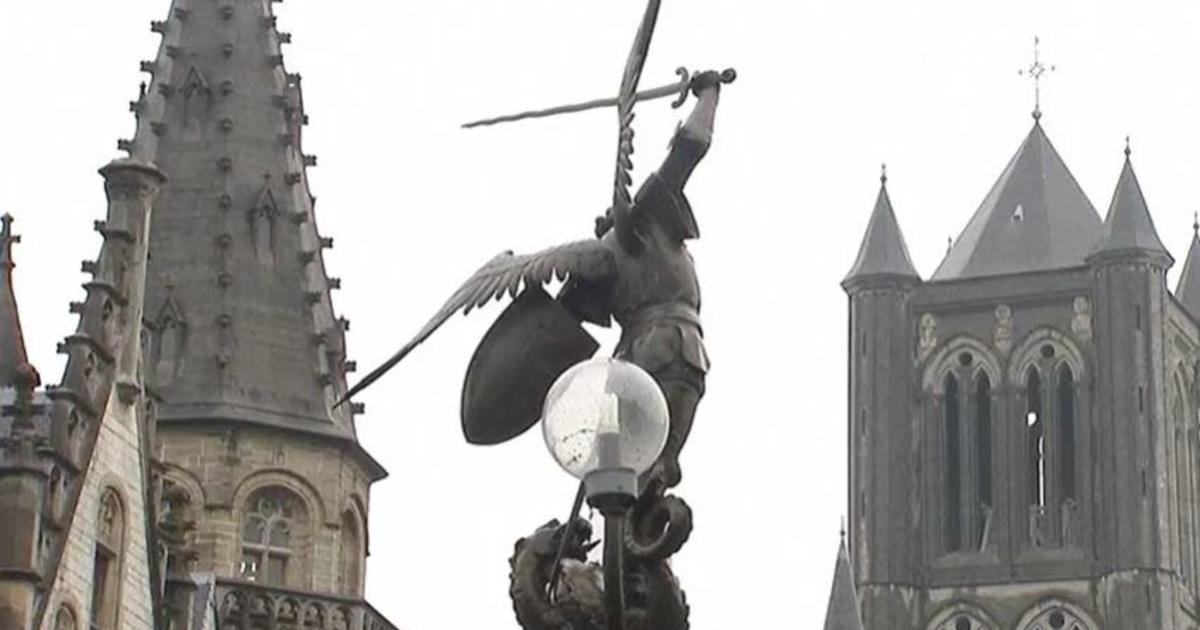NYPD reviewed nearly 2,000 complaints of police bias. It substantiated none.
Investigators with the New York City Police Department's Internal Affairs have not substantiated any of the 2,495 complaints of biased policing it's received since it began tracking the allegations in 2014, according to a scathing report issued by a city watchdog Wednesday. By last year, it said the department had already closed 1,918 of the investigations.
The New York City Department of Investigation, which provides independent oversight for the police department, said it reviewed 888 of the biased policing allegations and found deficiencies in how the department investigated and tracked them.
Biased policing, discriminatory action by law enforcement, "undermines the core value of equal treatment under the law and also poses a threat to public safety because racial profiling and other types of biased policing undermine the public's confidence and trust in law enforcement," Inspector General Philip K. Eure said in a statement. "NYPD must ensure that these complaints are thoroughly investigated and tracked."
Of the 2,495 complaints, the report found 68% contained allegations of discriminatory policing based on race, ethnicity, color, or national origin. Others alleged biased policing on the basis of creed, disability, sexual orientation, gender identity, gender, age, citizenship status, alienage, or housing status.
The report also found that not all of the complaints were adequately categorized by internal affairs investigators and some neglected to interview complainants. It made a series of recommendations for improvements.
In a joint statement, New York City councilman Brad Lander and public advocate Jumaane Williams blasted the NYPD, saying the department has shown it's "both unable and unwilling to police itself."
"The department's failure to adequately investigate and address complaints of bias and racism experienced by members of the public at the hands of the police shows a clear disregard for the rights and safety of communities of more color," the statement said. "If the department is serious about building trust with these communities, it has failed to show it."
The NYPD responded with a detailed statement saying it "understands that constitutional, biased-free policing is foundational to building community trust." The statement pointed to expanded efforts to combat biased policing, including enhanced training and rolling out body cameras to all 22,000 officers on patrol.
"The NYPD is committed to addressing misconduct in any form, and has created comprehensive policies and procedures to prevent, investigate, discipline, and monitor any and all instances of biased policing," the statement said.
The NYPD said that the instances cited in the report represent less than .001% of the millions of annual NYPD interactions with the public, and noted that complaints of biased policing to the internal affairs department were down from the first six months of 2018 to the first six months of 2019. The NYPD said the report didn't include 49 allegations of use of slurs that were substantiated by the Civilian Complaint Review Board. Those 49 cases resulted in various penalties imposed by the department of up to 30 days of lost vacation time, according to the NYPD.
Under current procedures, the city's Civilian Complaint Review Board investigates claims of slurs as allegations of "offensive language," not as allegations of biased policing, which are investigated internally by the department. The Department of Investigation recommended instead classifying racial slurs under biased policing, and expanding the authority of the review board, rather than internal NYPD investigators, to investigate all biased policing complaints. The report noted that many other major city police departments forward biased policing complaints to civilian oversight boards for review.
The Department of Investigation also recommended the city publish annual statistics about the complaints.
The NYPD said allegations of biased policing require proving the intent of the officer, which they called a difficult standard. Chris Burbank, vice president of strategic partnerships at the Center for Policing Equity at John Jay College of Criminal Justice, said it can be difficult to determine an officer's motive who has a lawful reason for a specific enforcement action like a traffic stop.
Burbank, a former Salt Lake City police chief, said that can pose a problem for departments across the country. But he said looking at cumulative data over time — such as traffic stops that disproportionately affect a certain minority group in a particular area — can promote a broader conversation with the community about bias, how it affects policing and how it can be changed.
He said publicly available data, body camera recording of interactions and review by civilian oversight boards are important steps in the right direction.
"Good, quality input from third-party individual evaluators, not associated with the police department, is significant," he said.
The review board's chair, Fred Davie, said in a statement that the board "believes profiling is wrong and undermines the relationship between police and the communities they are sworn to protect."
"The Agency thoroughly investigates stops, searches, questioning, frisks, retaliatory arrests, and offensive language by individual members of the NYPD and incorporates analysis of motive into these cases," Davie said.
However, he said the board would need full funding for resources and specialized staff to investigate additional types of profiling allegations.




